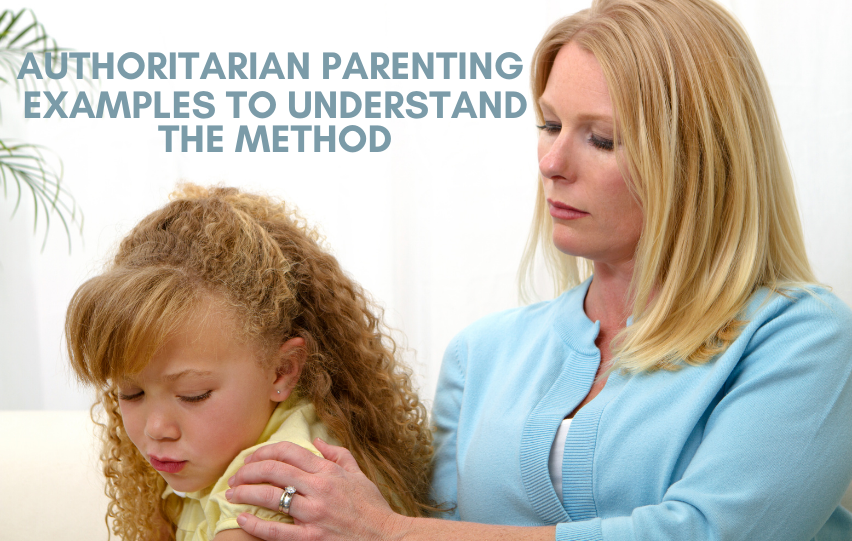Parenting is a hard responsibility. From physical and educational to psychological and emotional, parents are in charge of it all. Parents have the responsibility of shaping a whole new human’s life.
This is why parents need to employ a parenting style that can help them raise their children to become the best person they can be. The approach can vary depending on the family’s situation, as well as by child.
Some take a laxer approach, while others prefer authoritarian parenting. To truly understand what it means to be an authoritarian parent, take time to read the examples we have next.

Examples of Authoritarian Parenting
The authoritarian parenting approach is known as a high-demand, low-responsiveness style. It is characterized by strict rules, compliance, punishments, and control. Some consider it a form of “tough love.”
To some, this may seem like a positive approach, as they think it fosters discipline, obedience, excellence, and respect. However, experts say that this style can be demanding, cold and non-nurturing, controlling, and one-sided.
According to experts, kids of authoritarian parents tend to be non-disciplined and are instead docile. They are also less likely to achieve excellence and are instead dependent, poor in social skills, and lacking in self-regulation.
They are not disrespectful but comply to avoid punishments. One example of authoritarian parenting is when parents impose a lot of strict rules and extremely high standards, which are implemented to control the child.
Often, a slight deviation from this set of rules and standards results in harsh punishments without hearing the kid’s side.
Another prime example of the authoritarian style is when parents rarely show warmth and responsiveness to their kid’s emotional needs.
When kids show negative behaviors, they are often met with yelling, berating, and harsh responses without attempts to understand the root.
With these examples, you might be looking for a different parenting approach that can help your child grow into the best version of what they can be. Authoritative parenting is a mix of authoritarian and softer approaches.
Authoritative Parenting Examples
If you are wondering how the authoritarian approach differs from the authoritative style, one thing you should remember is that it is not that they are not opposites.
Instead, they are two kinds out of four in the parenting spectrum. The other two are permissive and neglectful parenting. Authoritative parenting shows high demands but also high responsiveness.
This is known to raise well-adjusted children, have better mental health, and are less violent. They also tend to have self-esteem, better social skills, engagements, and academic success.
This type of parenting does not focus on power as an authority figure in the household. What it encourages is the show of support and proper responses, open-mindedness, consistency, and no punishments, while having a set of rules and high standards.
An example of this is when children slightly deviate from this set of rules and standards. Authoritative parents consistently enforce them, but use non-punitive discipline in case of deviation. This helps a child’s social skills.
Instead, they use inductive discipline or the use of reasoning to explain their disciplinary approaches. They use induction to firmly explain and teach proper behaviors instead if being strictly rigid and mean.
Another example is parents whose response to kids acting out does not include shaming, berating, yelling, and harsh punishments. Again, they use reason and communication to get to the root of the issue.
The Bottom Line
If you are a parent and you want to strike a balance between being demanding and being responsiveness to your child’s needs, then you might want to take parenting tips from authoritarian parents.




